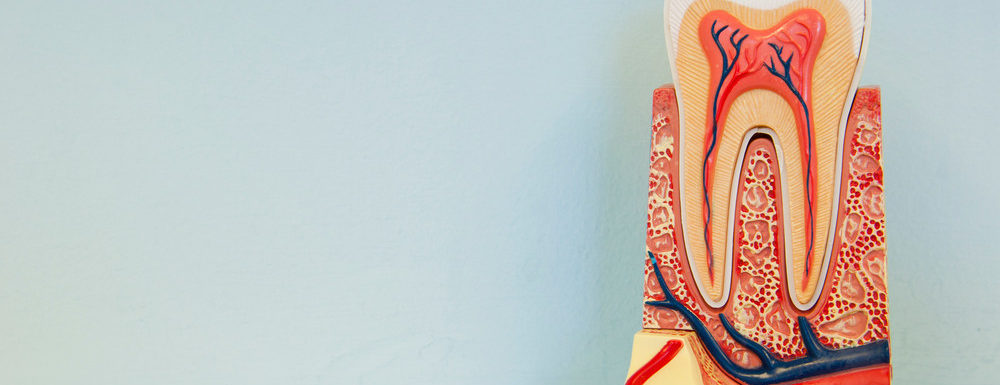Have you or someone you know ever experienced pain when chewing, speaking, or yawning? This jaw pain could be a sign of Temporomandibular Disorder (TMD). TMD is the second most common type of musculoskeletal pain after lower back pain, according to Dentalcare.com. It affects millions of people every year and manifests itself through facial pain, jaw clicking or popping, headaches, and dizziness. So what exactly causes TMD? Keep reading to find out.
1. Jaw Injury or Trauma
Traumatic injuries to the jaw, such as getting hit in the face, can cause this disorder. Even if you don’t recall any serious trauma or injury to your jaw, minor injuries such as grinding your teeth at night can cause TMD. Also, the repeated strain on the joint from activities such as chewing gum, eating hard food, or excessive talking can cause symptoms to develop.
2. Arthritis
Arthritis is another common cause of TMD. Osteoarthritis and Rheumatoid arthritis can both lead to inflammation in the joint that in turn can cause TMD. Rheumatoid arthritis is an autoimmune disorder that causes inflammation in the joints, while osteoarthritis, a degenerative joint disease, occurs when bones rub together due to loss of cartilage. Both of these arthritic conditions can lead to pain and discomfort in the temporomandibular joint.
3. Stress
Stress can also be a major factor in this problem. Prolonged stress can cause people to grind their teeth or clench their jaw without even being aware of it, and this can lead to temporomandibular joint dysfunction over time. It can also cause the muscles in the face and neck to tense up, leading to pain and stiffness. Being under stress causes the body to release hormones that can lead to inflammation in the temporomandibular joint.
4. Genetics
Genetics may play a role in TMD as well. Studies have shown that some people may be born with a predisposition to TMD due to the shape of their temporomandibular joint or other underlying genetic factors. If you are predisposed to TMD, any combination of the above-mentioned causes may trigger it.
TMD can cause significant pain and discomfort, but there are treatments available to help manage the condition. If you think you may be suffering from it, see a professional for an evaluation. With proper treatment, you can find relief from your symptoms and live a healthier life. Contact our office at TMJ Care for diagnosis and treatment today.

